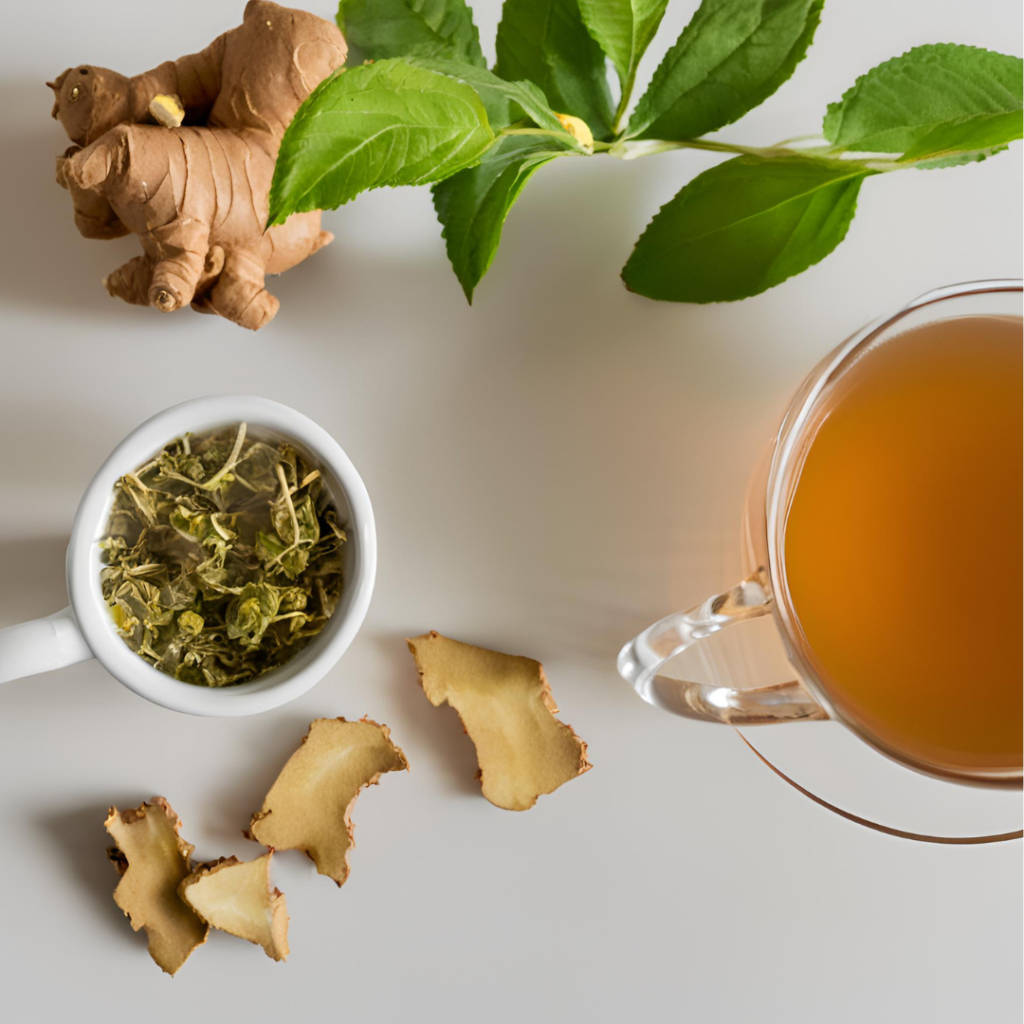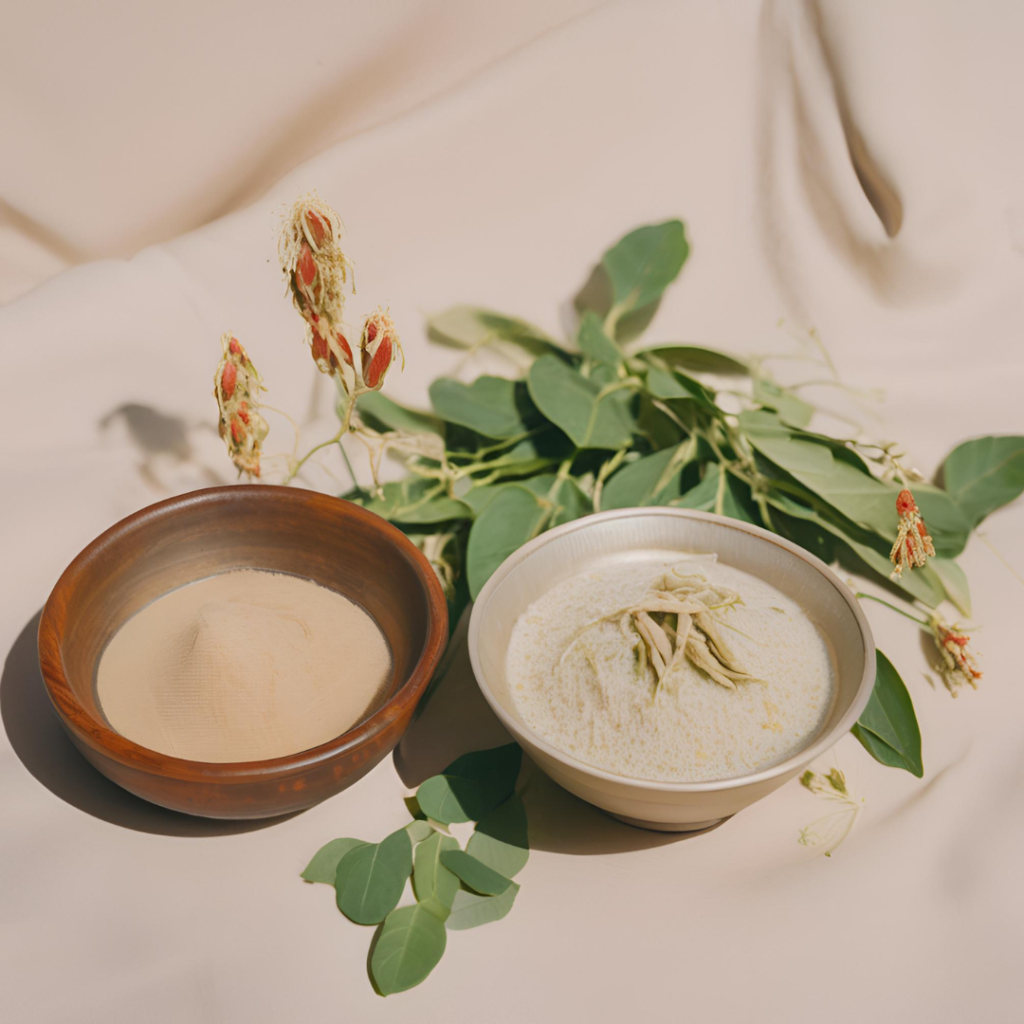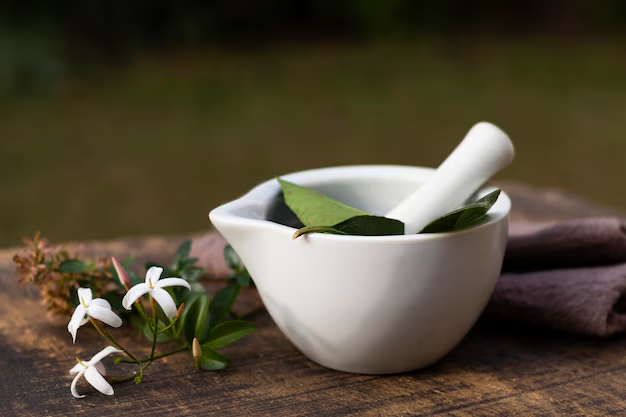Natural Remedies for Common Ailments: The Ayurveda Way
In our fast-paced world, common health issues like colds, headaches, and digestive problems can disrupt our daily lives. While modern medicine offers quick fixes, many people are turning to natural remedies for holistic healing and long-term wellness. Ayurveda, an ancient system of medicine from India, provides effective solutions for these everyday ailments by addressing the root causes and promoting overall balance in the body. In this blog, we will explore Ayurvedic remedies for common health issues and how they can be integrated into your daily routine.
Understanding Ayurveda
Ayurveda, which translates to “the science of life,” is a holistic approach to health that has been practiced for over 5,000 years. It emphasizes the balance of the three doshas—Vata, Pitta, and Kapha—each representing different elements and forces within the body. When these doshas are in balance, we experience good health. Conversely, an imbalance can lead to various health issues. Ayurveda offers personalized remedies to restore this balance using diet, herbs, lifestyle changes, and other natural therapies.
Ayurvedic Remedies for Common Colds
Colds are often caused by an imbalance in the Kapha dosha, which is associated with mucus and congestion. Ayurvedic remedies focus on reducing Kapha and boosting the immune system to fight off infections.
Herbal Teas
- Ginger Tea: Fresh ginger tea is a powerful remedy for colds. It helps in reducing mucus and congestion while boosting immunity. To make ginger tea, boil a few slices of fresh ginger in water for 10-15 minutes. Add honey and lemon for added benefits.
- Tulsi Tea: Tulsi, also known as holy basil, is revered in Ayurveda for its medicinal properties. Tulsi tea can help relieve cold symptoms by reducing inflammation and boosting the immune system. Boil a few tulsi leaves in water and drink it warm.

Nasal Congestion Relief
- Steam Inhalation: Inhaling steam with a few drops of eucalyptus oil or peppermint oil can help clear nasal passages and reduce congestion. Cover your head with a towel and inhale the steam for 5-10 minutes.
- Nasal Congestion Relief: A neti pot is a traditional Ayurvedic tool used for nasal irrigation. It involves flushing out the nasal passages with a saline solution to remove mucus and allergens.
Ayurvedic Remedies for Headaches
Headaches can be caused by various factors, including stress, dehydration, and dosha imbalances. Ayurveda offers several remedies to alleviate headaches based on their underlying causes.
Stress-Related Headaches
- Brahmi: Brahmi is an herb known for its calming effects on the nervous system. Consuming Brahmi tea or taking Brahmi supplements can help reduce stress and prevent headaches.
- Ashwagandha: Ashwagandha is an adaptogenic herb that helps the body manage stress. It can be taken as a supplement or in powder form mixed with warm milk.

Pitta-Related Headaches
- Cooling Remedies: Pitta-related headaches are often associated with heat and inflammation. Applying a paste made of sandalwood powder and rose water to the forehead can provide a cooling effect and relieve pain.
- Coriander Juice: Fresh coriander juice is another effective remedy for Pitta headaches. Extract the juice from fresh coriander leaves and apply it to the temples and forehead.
Vata-Related Headaches
- Warm Oil Massage: A gentle head massage with warm sesame oil or almond oil can help soothe Vata’s headaches. The warmth and oil nourish and relax the nervous system, alleviating pain.
- Herbal Tea: Drinking tea made from herbs like licorice root, ginger, and cinnamon can help balance Vata and reduce headache symptoms.
Ayurvedic Remedies for Digestive Problems
Digestive issues like bloating, gas, and indigestion are common and can significantly impact your quality of life. Ayurveda offers effective solutions to improve digestion and maintain gut health.
Bloating and Gas
- Triphala: Triphala is a blend of three fruits—Amla, Haritaki, and Bibhitaki—and is a powerful digestive aid. Taking Triphala powder with warm water before bedtime can help relieve bloating and gas.
- Fennel Seeds: Chewing a teaspoon of fennel seeds after meals can aid digestion and reduce gas. Fennel seeds have carminative properties that help expel gas from the digestive tract.
Indigestion
- Ginger-Lemon Tea: A cup of ginger-lemon tea can stimulate digestive enzymes and relieve indigestion. Boil fresh ginger slices in water, add a few drops of lemon juice, and drink it warm.
- Ajwain (Carom Seeds): Ajwain is known for its digestive benefits. Mix a teaspoon of ajwain seeds with a pinch of black salt and consume it with warm water to alleviate indigestion.
Constipation
- Psyllium Husk: Psyllium husk is a natural fiber that helps in softening stools and promoting regular bowel movements. Mix a tablespoon of psyllium husk in a glass of warm water and drink it before bedtime.
- Ghee and Milk: A teaspoon of ghee mixed in a cup of warm milk before bed can help lubricate the intestines and ease constipation.
Integrating Ayurvedic Remedies into Your Daily Routine
Incorporating Ayurvedic remedies into your daily routine can lead to long-term health benefits. Here are some tips to help you get started:
Morning Routine
- Oil Pulling: Swish a tablespoon of sesame oil or coconut oil in your mouth for 10-15 minutes before brushing your teeth. This practice, known as oil pulling, helps detoxify the body and improve oral health.
- Herbal Teas: Start your day with a cup of herbal tea, such as ginger or tulsi tea, to boost your immunity and digestion.
Meal Times
- Eat Mindfully: Ayurveda emphasizes mindful eating. Avoid distractions while eating, chew your food thoroughly, and eat at regular intervals to promote healthy digestion.
- Spices: Incorporate digestive spices like cumin, coriander, and turmeric into your meals. These spices help balance the doshas and improve digestion.
Bedtime Routine
- Golden Milk: Drink a cup of warm milk with a pinch of turmeric before bed. This Ayurvedic drink, known as golden milk, has anti-inflammatory properties and promotes restful sleep.
- Self-Massage: Give yourself a gentle massage with warm sesame oil before bedtime. This practice, known as Abhyanga, helps calm the mind and promote relaxation.
Conclusion
Ayurveda offers a treasure trove of natural remedies for common ailments, providing holistic and sustainable solutions for health and wellness. By understanding your dosha and incorporating Ayurvedic practices into your daily routine, you can address the root causes of health issues and promote overall balance in the body and mind. Whether you’re dealing with a cold, headache, or digestive problem, Ayurveda provides effective and natural remedies that can enhance your quality of life.
Embrace the wisdom of Ayurveda and experience the profound benefits of this ancient system of healing. As you integrate these remedies into your life, you’ll discover a path to long-term health, vitality, and well-being.









Leave a reply